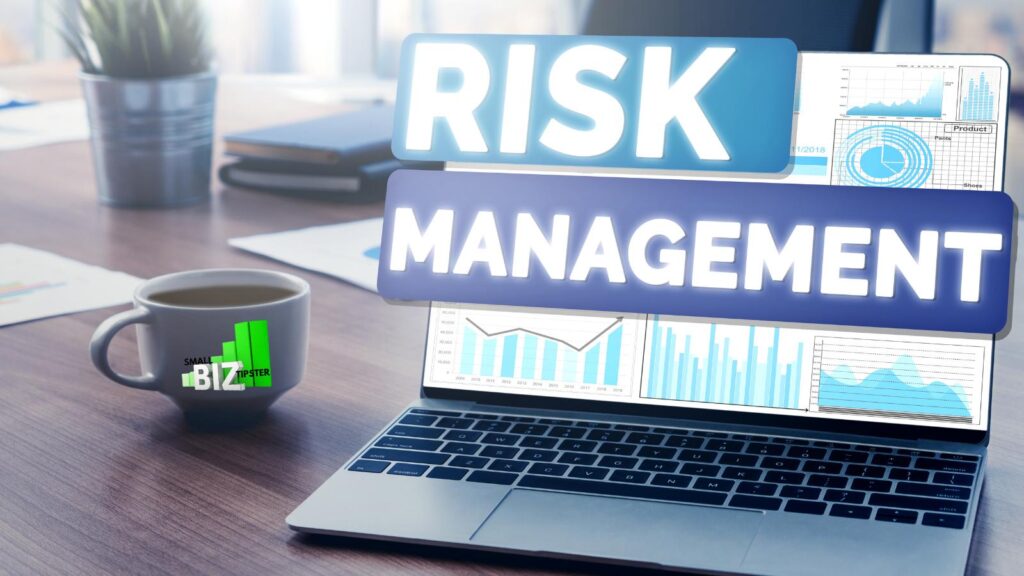If you notice that a significant number of your employees are leaving in waves, disrupting your business, it is essential to be aware of the steps you can take to address the issue. Losing a single employee can cost you thousands of dollars.
But if you are not careful, you may find that this can easily put your company in debt far faster than you realize.
This is especially true if you experience a wave of employee turnover. If you want to address this issue, it’s essential to know that solutions exist before you notice your employees are leaving in waves.
You need to know where to look as the great reset continues.
Table of Contents
Why Are They Leaving?
Studies have consistently shown that people are social creatures. It has even been theorized that the main reason humans have such large brains is that they enable them to facilitate much more complex relationships within their local community.
Work is a community as well. It comes with alliances, drama, politics, and more. If one person in the team experiences an issue or witnesses something they dislike, there is a high chance that others have discussed it as well.
One issue can easily escalate into several if it is not addressed. It is a reason that employees are leaving your business in waves.

If you want to prevent issues like employees leaving in waves from impacting your company, it is wise to consider implementing an anonymous feedback box. However, if you have something like this, then people can drop their thoughts into the box.
Then they can give their opinion about various work-related matters.
If you are hiring new team members, consider finding out what is onboarding so you can give them a welcome experience.
The Grass Is Always Greener
When you are being recruited, companies tend to highlight all of the great things about the job and the company that they are working for. They also attempt to conceal some of the less desirable aspects of working for the company.
To prevent this, always be transparent and hire the right talent for your business by conducting several interview stages so you don’t waste your time or theirs.
You may have done this yourself in the past when you have recruited someone. After all, you want to try and give a good impression so you get the best employees applying for the job.
Anyone going for an interview at another company or organization will likely hear the pitch that the grass is greener. Someone who is leaving the company may even be talking excitedly about their job to their friends.
It won’t take much for those people to consider jumping ship, either, especially if business is down, so keep that in mind before employees start leaving in waves from your company.
Friends Can Be Dangerous At Work
It is great when someone recruits one of their friends to the team or the company in general.
After all, it will save you a great deal of time and money. It will also prevent you from having to sift through numerous resumes.
Or questioning everyone to see if the person is a good fit for your office culture.
The problem with hiring people and their friends is that if one of them were to leave the company, their friends would likely follow. Recruiting people and their friends can be good.
However, you must remember that they are more likely to draw them away if they happen to leave.
That is another reason why your employees begin leaving in waves when their friends go.
Why Your Employees Are Leaving In Waves: Wake-up Calls
Even if someone is not close friends with the person leaving, you must realize that it can serve as a wake-up call for them as well. They may find themselves asking if they are leaving.

Then maybe it is time to consider their own position within the company.
Even people who are not at risk can easily be put into a position of risk through sheer curiosity. It is very easy for your team to be set in their ways.
They may even be willing to endure challenging situations. Then, they may be comfortable at your company for several reasons.
Furthermore, they may even love their work at times. However, witnessing someone take a drastic step, such as interviewing at another company, may prompt them to reevaluate their actions.
This can be another reason why employees are leaving in waves today.
The Departure Of Employees Leaving In Waves
Depending on how someone’s departure is handled, strong feelings can develop among the staff. At this point, the actual colors of your leadership really shine.
If everyone who happens to leave is wished well and thanked for their efforts, then they will have a different opinion of you. That is compared to if you’d just booted them out and then talked about them behind their backs.
The takeaway here would be if someone does leave for another job, it makes everyone evaluate their current situation. And then some may even consider being on the lookout.
For some, this may mean visiting one of the many job sites or responding to recruiter emails.
Conclusion: Why Employees Are Leaving In Waves
Employees are leaving in waves due to:
- Pay gaps
- Rigid work
- Weak managers
- Poor feedback
- Stalled growth pushes good people out
- Burnout increases when workloads remain high
- Culture matters
- Disrespect
- Bia
- Missed recognition breaks trust fast
People want:
- Fair pay
- Flexible hours
- Real growth
- Sane tools
- Hyprid work from home/office balance
Fix the basics, review pay, train leaders, and balance workloads.
Offer flexible work, clear paths, and open talk that turns into action. Move now or keep hiring to replace talent you could have kept.
FAQs: Why Employees Are Leaving In Waves
What is driving the current wave of resignations?
Low pay, poor managers, limited growth, and inflexible work top the list. Burnout and unclear expectations add pressure. Many leave for a better balance and fair compensation.
Is pay the main reason people quit?
Pay matters, especially with inflation. If wages lag the market, staff will look elsewhere. Pay clarity, regular reviews, and fair bands reduce churn.
How significant a role does flexibility play?
A major one. People want control over where and when they work. Rigid schedules, mandatory office returns, and lengthy commutes deter talent.
Are managers the make-or-break factor?
Yes. People leave managers more often than companies: weak feedback, micromanagement, and poor communication drive exits. Train managers, then hold them accountable.
How does burnout show up before people quit?
Rising sick days, slower response times, and missed deadlines are common signs. Short tempers and disengagement in meetings also signal risk. Fix workloads and staffing early.
Are return-to-office policies causing exits?
Often. Sudden rule changes, lack of input, and one-size-fits-all policies often trigger resignations. Offer hybrid options, clear reasons, and team-level flexibility.
How can small businesses compete without big budgets?
Offer flexibility, fair pay ranges, and fast decisions. Cross-train, grow from within, and spotlight impact. Personal recognition beats generic perks.




